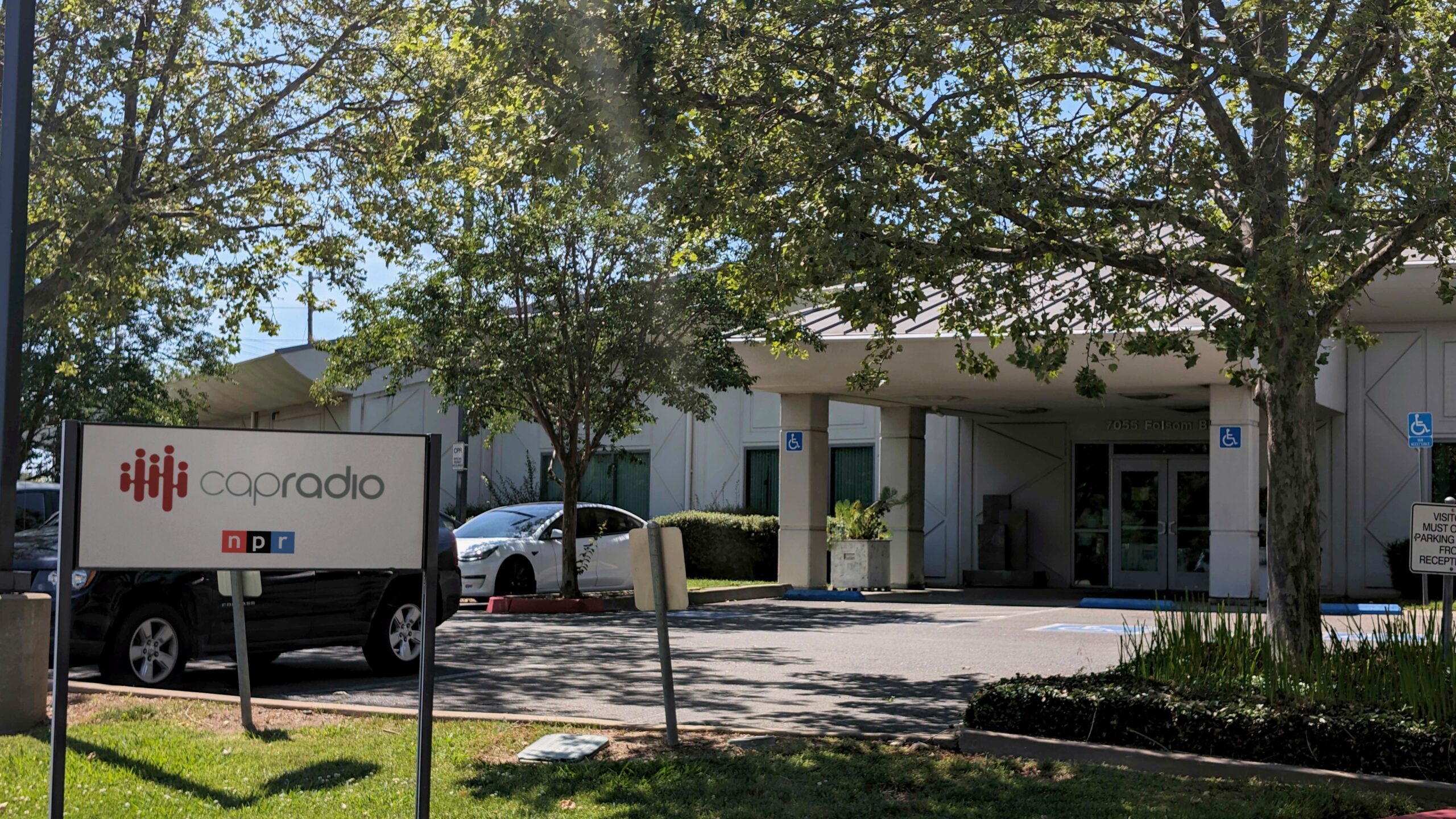FCC rejects AFA complaint over criteria for noncommercial FM applications
The FCC has affirmed its criteria for awarding broadcast licenses to noncommercial applicants, rejecting a complaint by a religious broadcaster that the rules unfairly favor secular broadcasters.
In a July 11 decision, the FCC denied the complaint by the Tupelo, Miss.–based American Family Association over competitive applications to establish new stations in Perry, Iowa, and Spokane, Wash. Iowa State University had sought the Perry station, while Spokane Public Radio pursued the Washington signal. The FCC will award construction permits to the two applicants.
AFA argued that the FCC should change the way it assesses what are called “attributable” broadcast interests. When awarding licenses, the commission takes into account how many existing stations the applicant controls or is connected to. At the time of the proceedings in question, the American Family Association had attributable interests in 227 stations, putting it at a disadvantage against the local applicants.
In its complaint, AFA claimed that stations that are NPR affiliates or that receive CPB support should be considered as under control of the network and the funder. It argued that such stations were exploiting a “loophole” closed to the AFA. That amounts to discrimination against its viewpoint, violating the First Amendment, AFA argued.
The FCC flatly rejected those arguments. “Neither CPB nor NPR holds either equity or debt interests in any broadcast station, and thus, their relationships to applicants and licensees fall outside the scope of the rule,” the commission wrote in its decision.
The FCC also deemed as unsupportable AFA’s claim that NPR and CPB control stations. Not all secular noncommercial stations are NPR affiliates, the FCC pointed out, nor do they all receive CPB funding.
“Accordingly, we find that the NCE attribution rules are rational, and logically connected to their intended content-neutral goals of localism and diversity,” the FCC said.
In 2004, AFA challenged the same standards in the U.S. Court of Appeals, which declined to consider the complaint.
UPDATE (July 18, 2013): AFA is unlikely to appeal the FCC’s decision, says Bryan Fischer, the broadcaster’s director of issue analysis for government and public policy.
Few noncommercial licenses are available, “so we would be squabbling over a pretty small piece of the overall pie,” Fischer says. And the organization has had little success in competing with NPR affiliates for licenses. “It’s obviously not a fair system,” he says.






